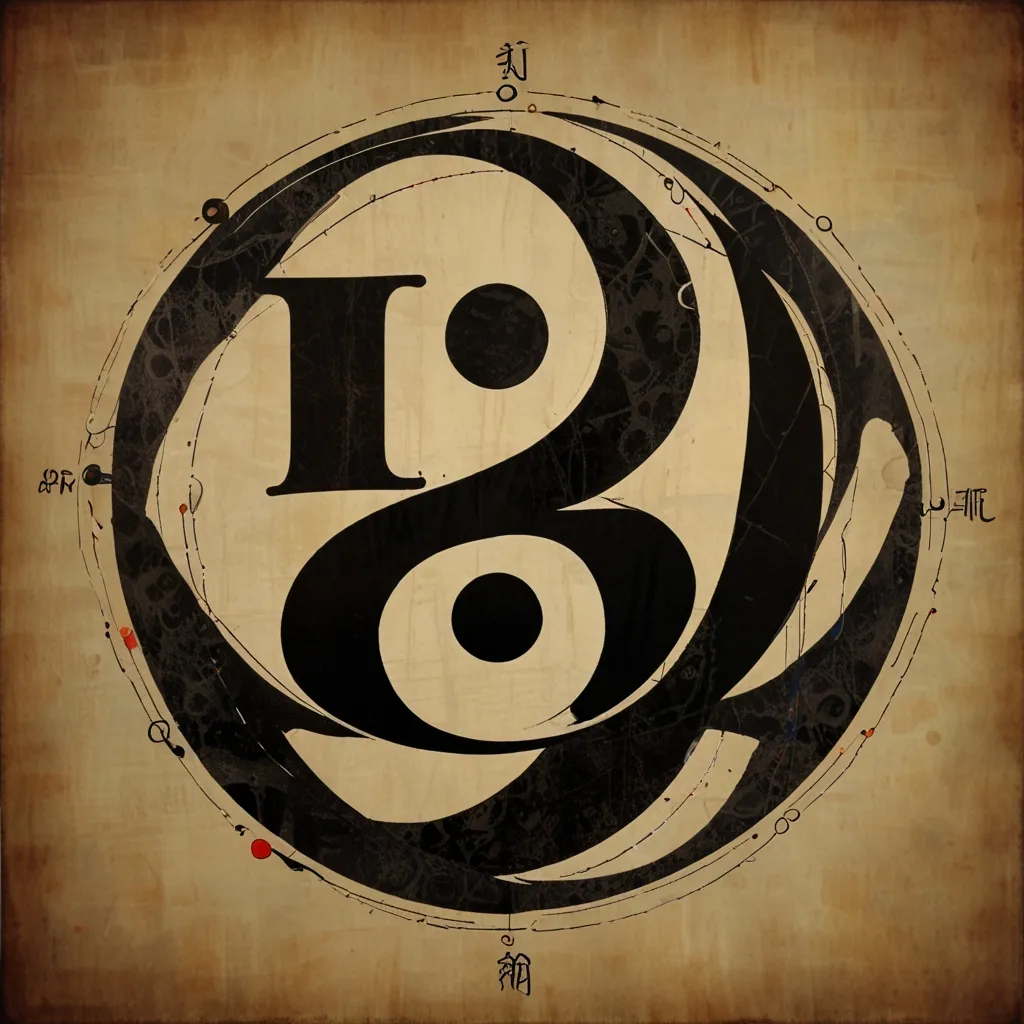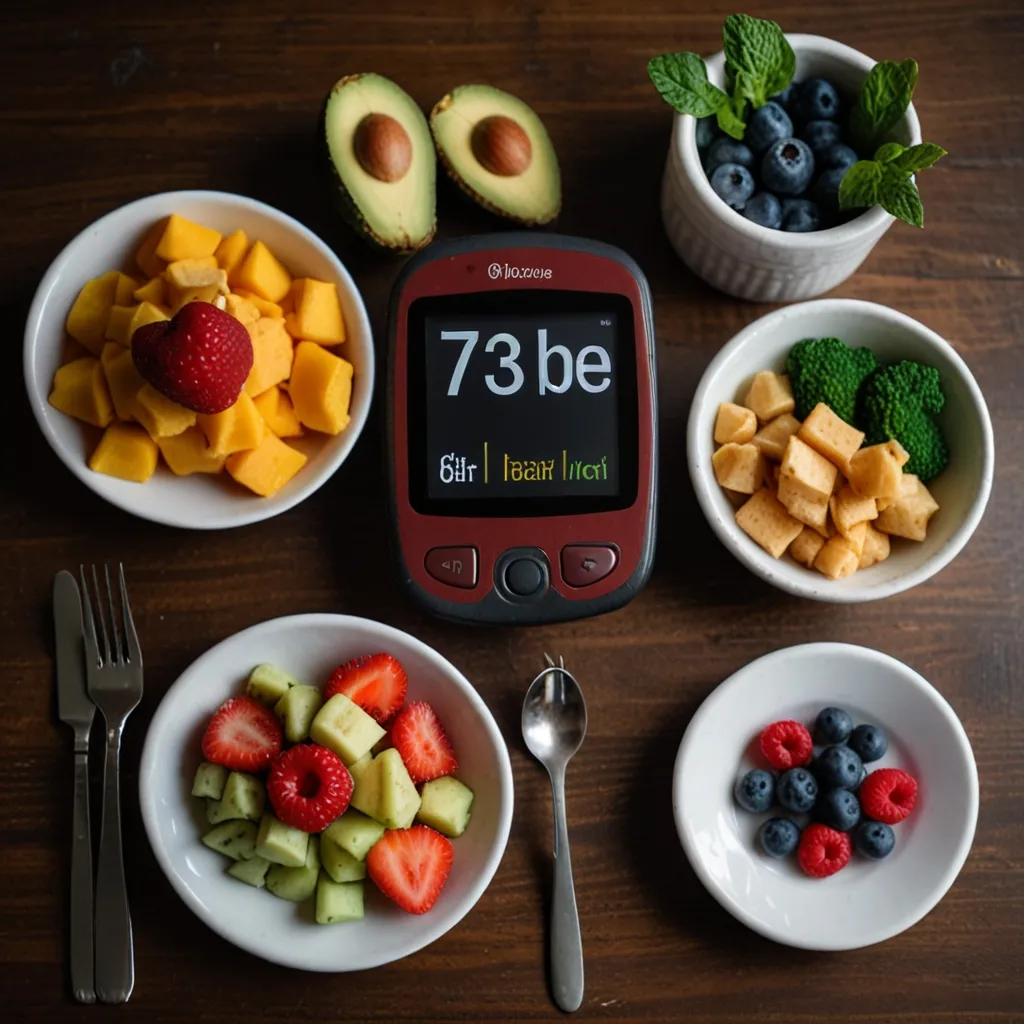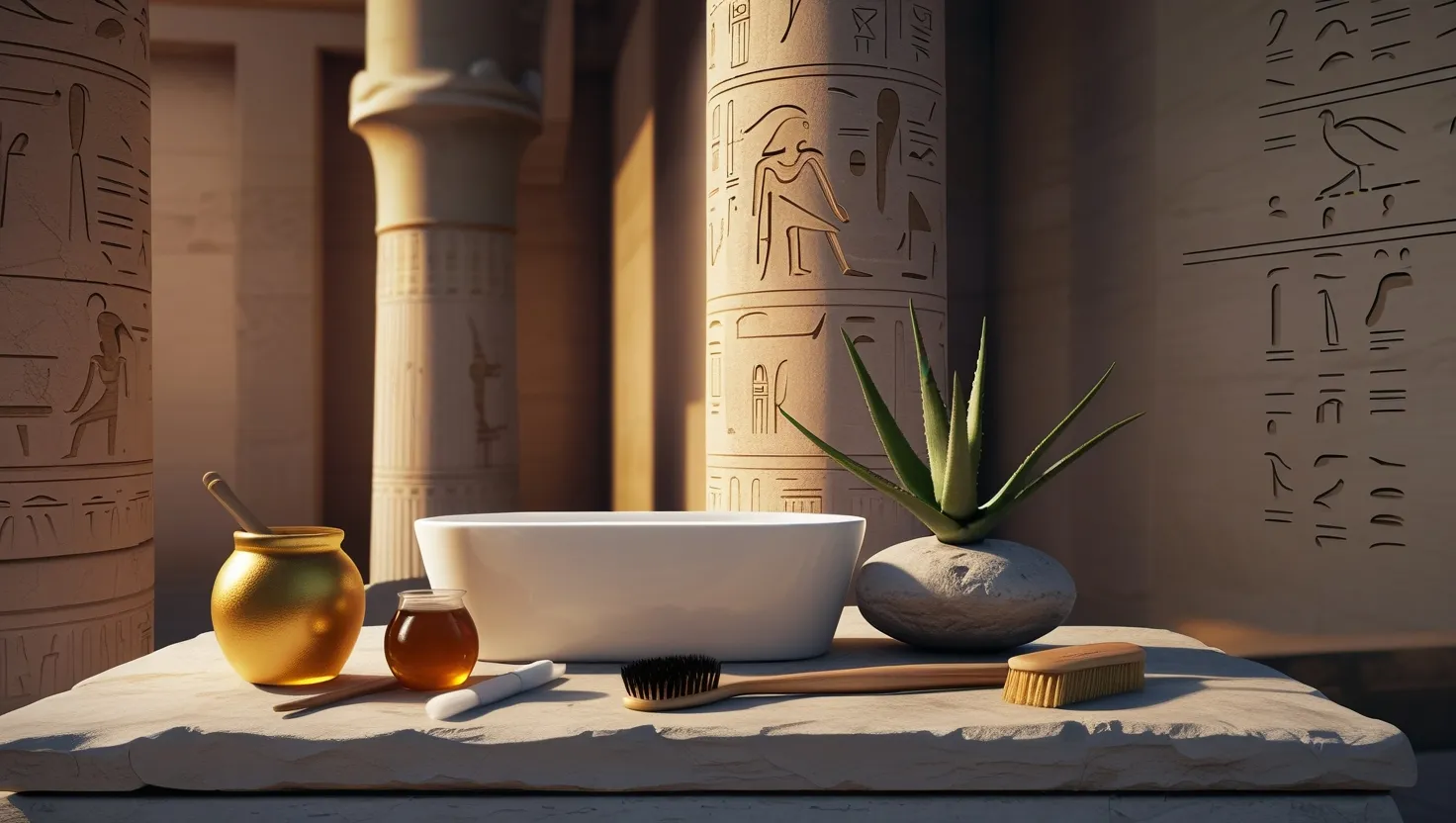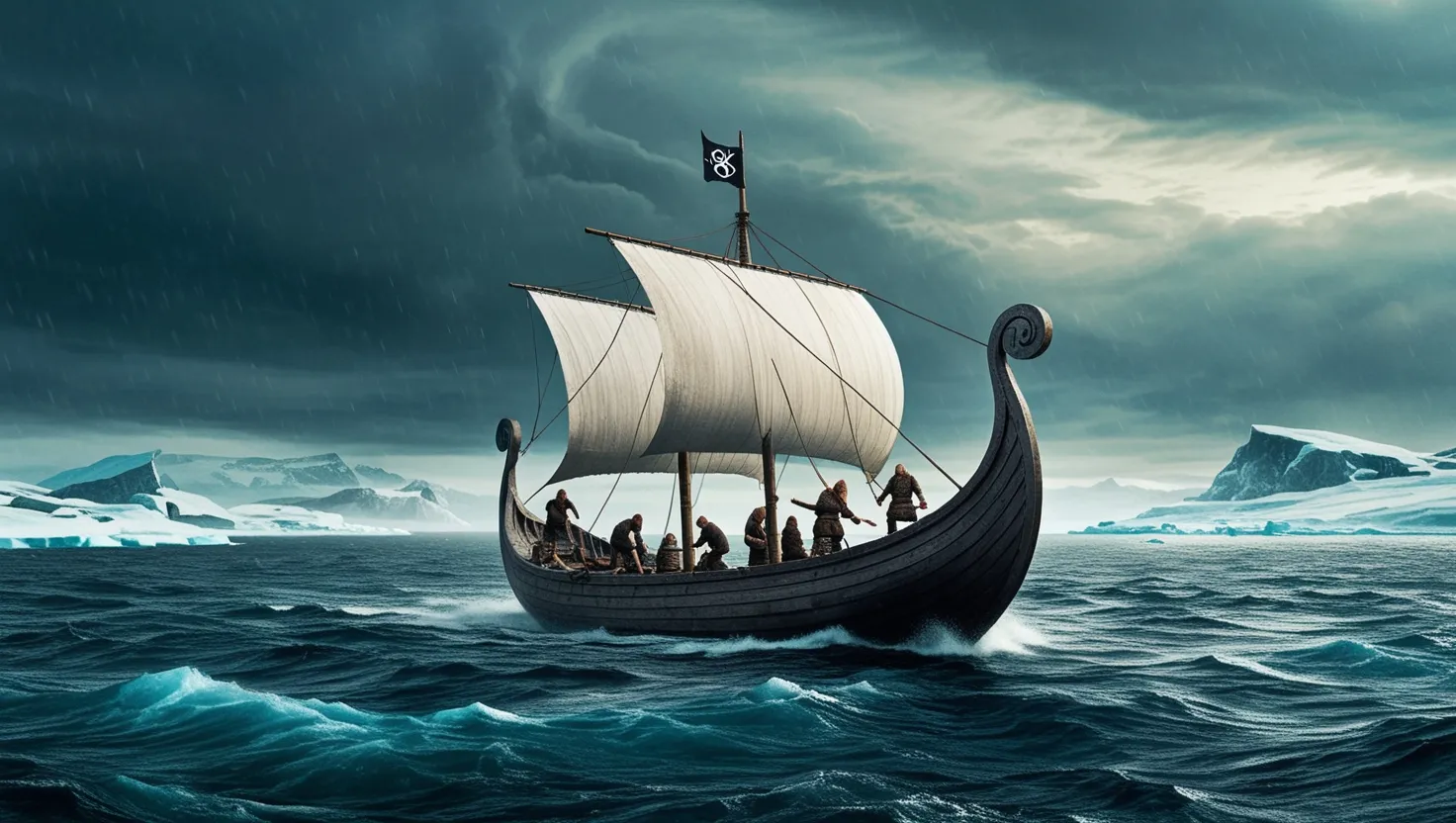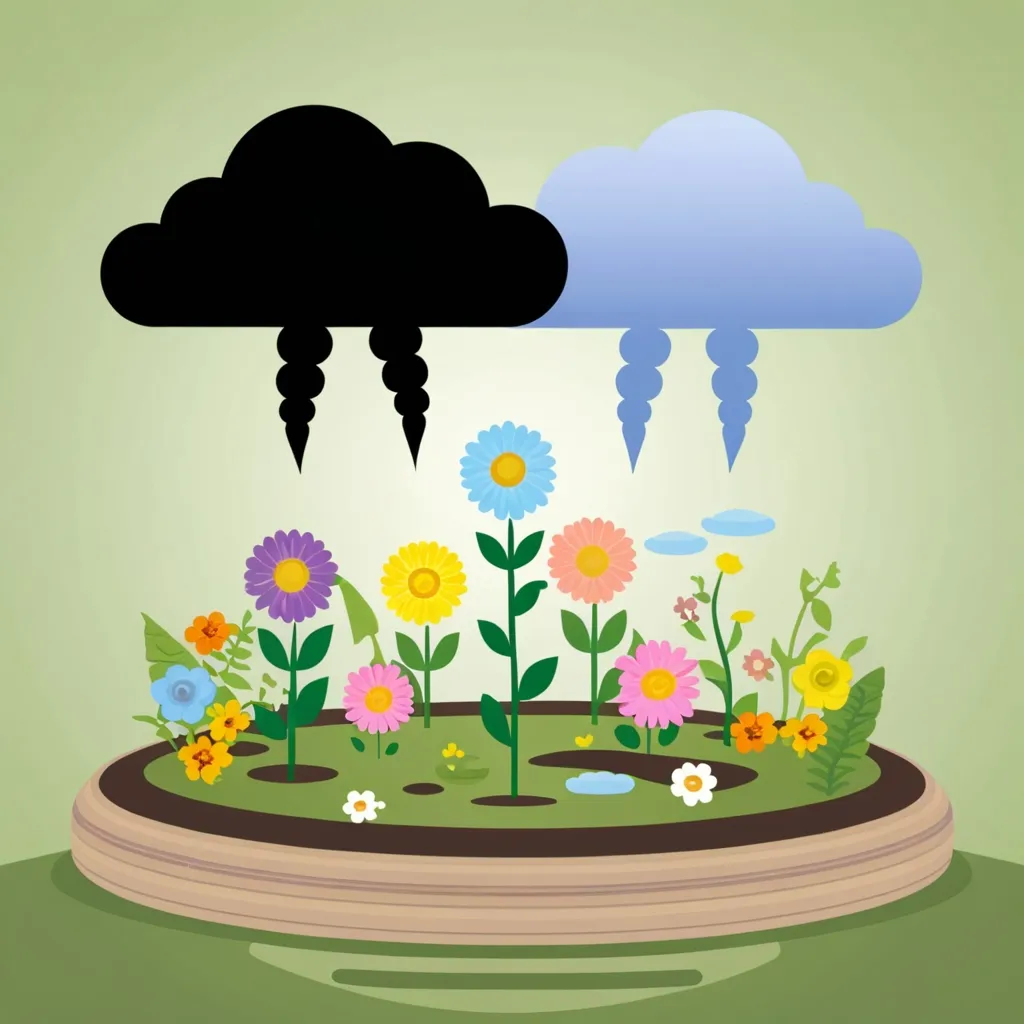Understanding the Vital Energy: Qi
In Chinese medicine, there’s this profound concept that’s the foundation of everything: Qi. Often translated as “vital energy” or “life force,” Qi is way more complex than a simple translation can capture. It’s the essence that makes life possible, the energy that flows through every living being, and the force that connects us to nature.
The Essence of Qi
Qi isn’t just a physical thing. It’s deeply rooted in the spiritual and philosophical world of Chinese culture. It flows through the body along specific pathways known as meridians. When Qi flows freely, we’re in harmony and our health is at its best. Any blockage or imbalance in Qi, though, and illness can sneak in.
Types of Qi
There are several types of Qi, each with its role. There’s the Parental Qi, the energy inherited from our parents at conception and stored in our kidneys. Then there’s Pectoral Qi, made through breathing and stored in the chest. Nutritional Qi comes from the food we eat and circulates nutrients throughout our body. Defensive Qi protects us from external threats and is also derived from food but serves a different purpose entirely.
Yin and Yang: The Balance of Qi
Qi flows according to the balance of yin and yang, representing harmony of opposite elements in the universe. Yin is like coldness, passivity, and darkness, while yang is all about heat, activity, and light. These forces depend on each other and their balance is essential for good health. The proper flow of Qi relies heavily on this balance between yin and yang.
The Vital Functions of Qi
Qi does a lot. It promotes growth and development, warms the body, defends against pathogens, keeps bodily fluids in check, and transforms nutrients into energy. These functions are critical for maintaining our body’s homeostasis and overall health.
Keeping Qi Balanced
Keeping the balance of Qi is super important. An imbalance can show up as either a deficiency or an excess of Qi. A deficiency might come from lack of sleep, poor nutrition, or insufficient mental stimulation. On the flip side, an excess could be due to environmental toxins, overeating, or too much physical activity. Both can lead to various health issues, so maintaining that balance is key.
Qi in Modern Times
Even though the concept of Qi is ancient, it’s still very relevant today. Practices like acupuncture and tai chi are designed to cultivate and balance Qi. Acupuncture involves inserting fine needles into specific points along the meridians to get the Qi flowing again. Tai chi, a slow and graceful exercise, helps harmonize the flow of Qi, promoting both physical and mental well-being.
Cultural Significance of Qi
Qi isn’t just about medicine. It permeates every aspect of Chinese culture—philosophy, art, and daily life all reflect the importance of Qi. Understanding Qi helps us appreciate how holistic Chinese medicine is, viewing the body as an interconnected system rather than a bunch of separate parts.
Final Thoughts on Qi
To sum it up, Qi is the vital energy that underpins Chinese medicine. It’s a complex, multifaceted concept covering both physical and spiritual aspects of life. Understanding Qi gives us insight into the holistic approach of Chinese medicine and the importance of balance and harmony. Whether through ancient practices like acupuncture or modern adaptations, the significance of Qi remains a cornerstone of health and well-being.
So next time when thinking about health, maybe it’s worth considering Qi, not just as some ancient mumbo jumbo, but as an invaluable part of understanding how to keep our bodies and minds in balance. The wisdom of ancient practices can often hold timeless truths that are just as relevant today as they were thousands of years ago. Remember, it’s all about that balance.
That’s it, really. The concept of Qi might be old, but the idea of keeping life balanced and harmonious is something we all can relate to, no matter where we come from or how modern our world has become.
